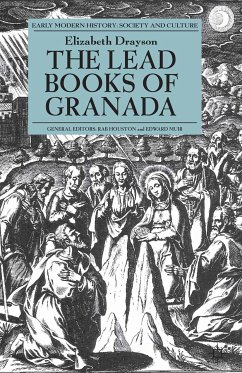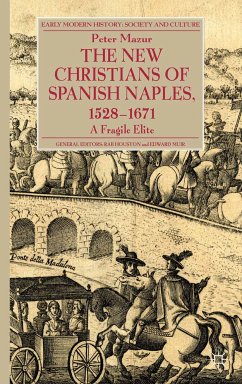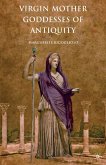Dieser Download kann aus rechtlichen Gründen nur mit Rechnungsadresse in A, B, BG, CY, CZ, D, DK, EW, E, FIN, F, GR, HR, H, IRL, I, LT, L, LR, M, NL, PL, P, R, S, SLO, SK ausgeliefert werden.
"Drayson's well-written book is a timely addition to a renewed scholarly interest in early-modern forgery and its role in the cultivation of new forms of critical inquiry along with the cultivation of religious and national heritage through antiquities (forged or authentic), as exemplified in the works of Katrina Olds and Katie Harris, among others. ... for non-Spanish speakers, Drayson's translations throughout the text and in the appendices will be of particular value." (Claire Gilbert, The Catholic Historical Review, Vol. 102 (1), Winter, 2016)
"This excellent book by Elizabeth Drayson, the first full-length study in English of the events surrounding the discovery in Granada in the late sixteenth century of strange manuscripts ... is therefore a very welcome addition. The story itself is straightforward enough: how it evolved, who it involved, and what it was all about are, however, anything but straightforward and Drayson does an excellent job in navigating the at times treacherous waters on which some of the protagonists were sailing." (Trevor J. Dadson, Hispanic Research Journal, Vol. 17 (3), June, 2016)
"The target audience for this book will be Anglophone readers in search of a manageable overview of the affair of the lead books. The book's usefulness is increased by its appendices of primary sources in translation, including an English translation of one of the plomos, a comprehensivelist of all twenty-two lead books, and a brief summary of each. For these efforts the author is to be commended." (Katrina B. Olds, Bulletin of Spanish Studies, Vol. 93 (9), 2016)









